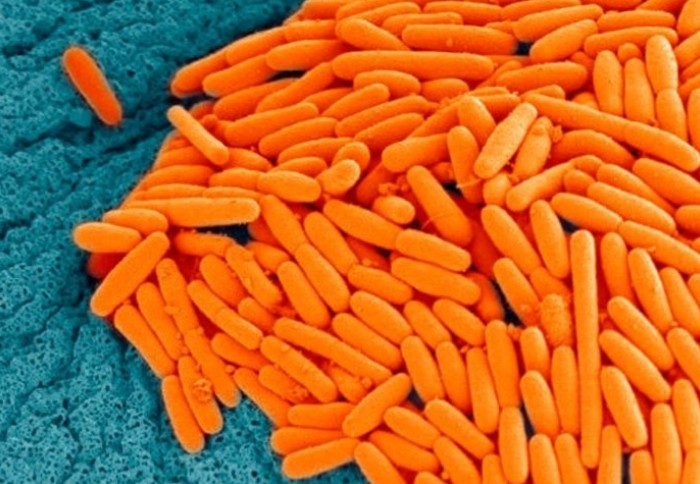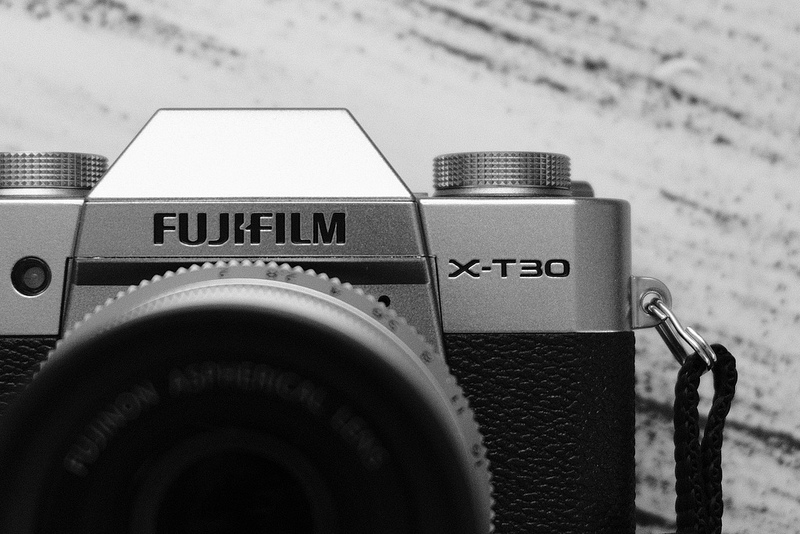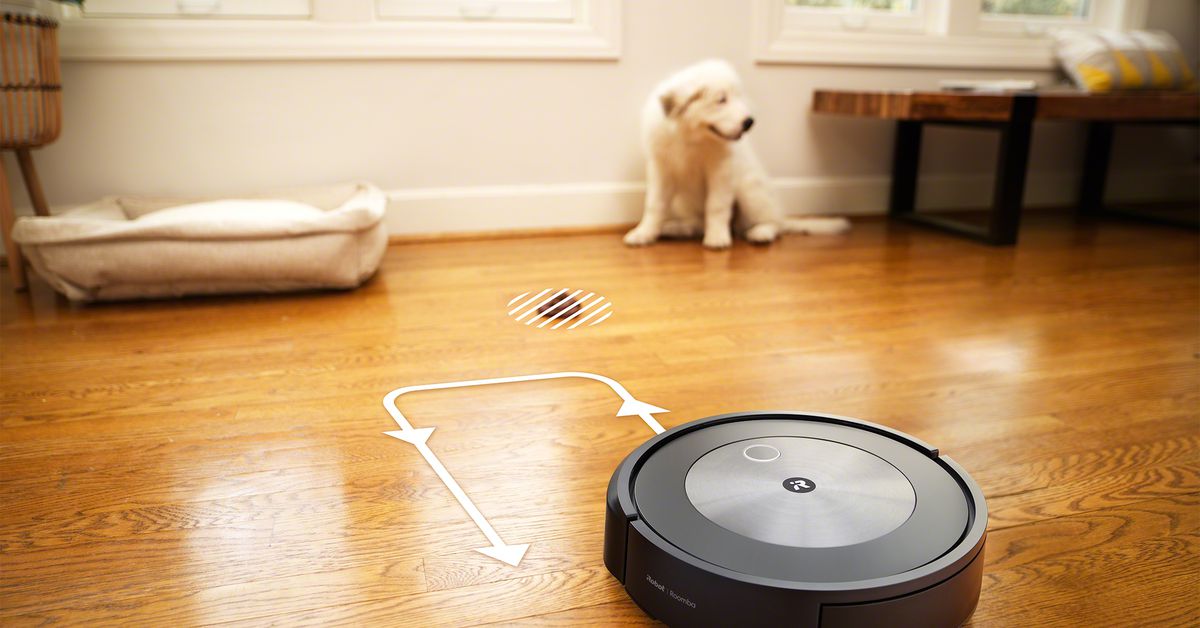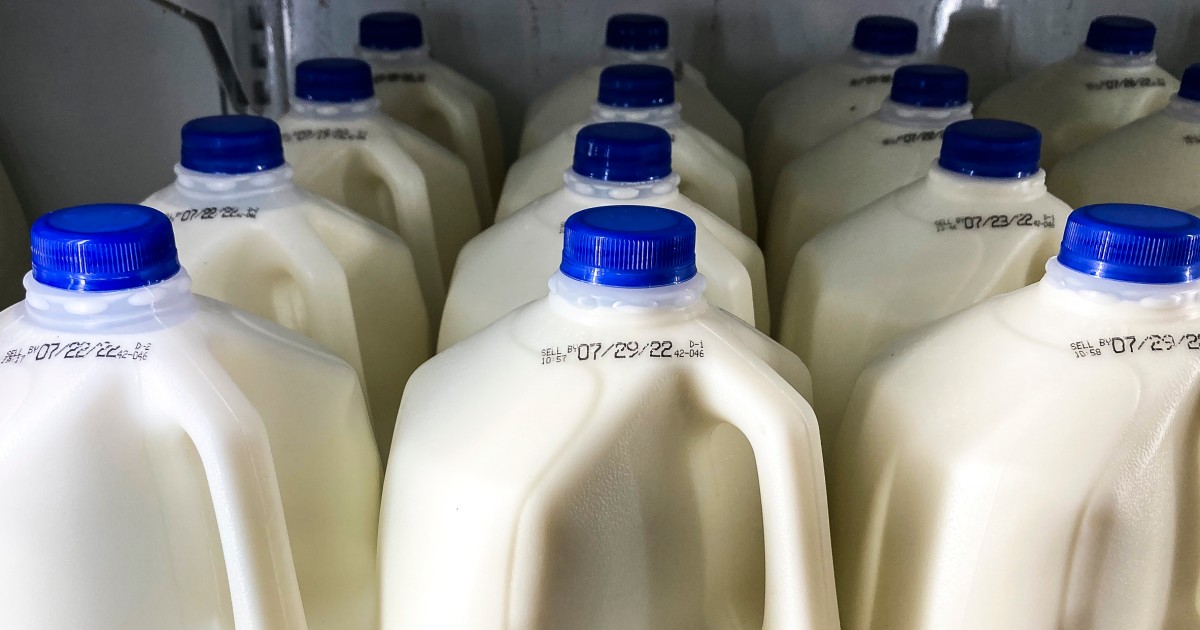Effects of cat ownership on the gut microbiota of owners
Discover a faster, simpler path to publishing in a high-quality journal. PLOS ONE promises fair, rigorous peer review, broad scope, and wide readership – a perfect fit for your research every time.
Roles Funding acquisition, Investigation, Methodology, Project administration, Resources, Writing – original draft, Writing – review & editing
Affiliations Department of Biochemistry and Molecular Biology, Hainan Medical University, Haikou, China, The Key Laboratory of Molecular Biology, Hainan Medical University, Haikou, China
Pet ownership is an essential environmental exposure that might influence the health of the owner. This study’s primary objectives were to explore the effects of cat ownership on the gut microbial diversity and composition of owners. Raw data from the American Gut Project were obtained from the SRA database. A total of 214 Caucasian individuals (111 female) with cats and 214 individuals (111 female) without cats were used in the following analysis. OTU number showed significant alteration in the Cat group and Female_cat group, compared with that of the no cat (NC) group and Female_ NC group, respectively. Compared with the NC group, the microbial phylum Proteobacteria was significantly decreased in the Cat group. The microbial families Alcaligenaceae and Pasteurellaceae were significantly reduced, while Enterobacteriaceae and Pseudomonadaceae were significantly increased in the Cat group. Fifty metabolic pathways were predicted to be significantly changed in the Cat group. Twenty-one and 13 metabolic pathways were predicted to be significantly changed in the female_cat and male_cat groups, respectively. Moreover, the microbial phylum Cyanobacteria was significantly decreased, while the families Alcaligenaceae, Pseudomonadaceae and Enterobacteriaceae were significantly changed in the normal weight cat group. In addition, 41 and 7 metabolic pathways were predicted to be significantly changed in the normal-weight cat and overweight cat groups, respectively. Therefore, this study demonstrated that cat ownership could influence owners’ gut microbiota composition and function, especially in the female group and normal-weight group.
Citation: Du G, Huang H, Zhu Q, Ying L (2021) Effects of cat ownership on the gut microbiota of owners. PLoS ONE 16(6): e0253133. https://doi.org/10.1371/journal.pone.0253133






















